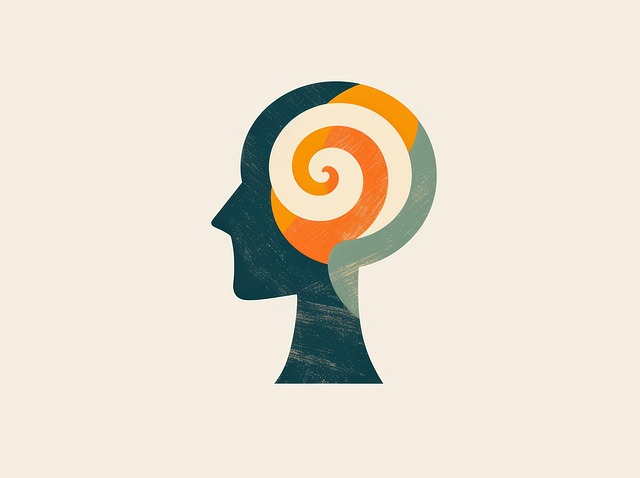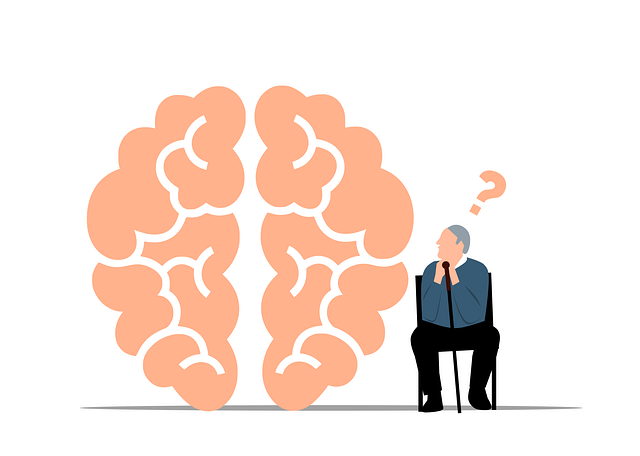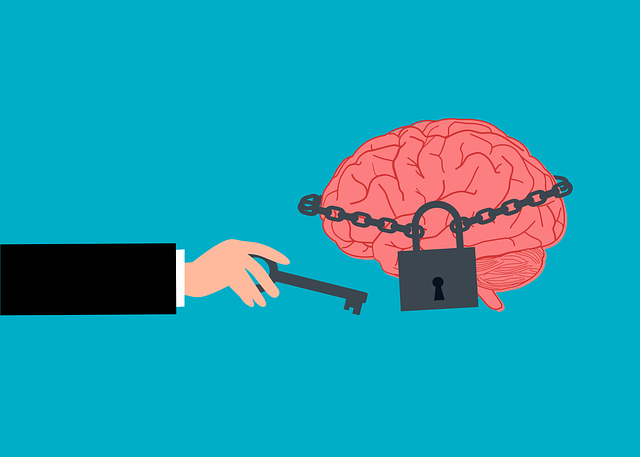Emotional Intelligence (EI) is a powerful tool for navigating social interactions, fostering relationships, making decisions, and enhancing well-being. Lone Tree Acceptance and Commitment Therapy (ACT) offers effective techniques for mental health education, teaching emotion acceptance and committed action, leading to anxiety relief, resilience, and personal growth. By cultivating EI through daily practices like mindful awareness, non-judgmental mindset, cultural sensitivity, and coping skills, individuals can improve relationships and build resilience against mental health challenges, with organizations playing a key role in supporting employee well-being.
Emotional intelligence (EQ) is a vital skill set for navigating life’s challenges and fostering meaningful connections. This article explores the concept of EQ and its profound benefits in personal and professional spheres. We delve into the therapeutic approach of Lone Tree Acceptance and Commitment Therapy (ACT), known for its role in enhancing emotional awareness and adaptability. Furthermore, practical strategies are offered to integrate emotional intelligence into daily routines, empowering readers with tools to improve self-regulation and interpersonal interactions.
- Understanding Emotional Intelligence and Its Benefits
- The Role of Lone Tree Acceptance and Commitment Therapy (ACT) in Building Emotional Intelligence
- Practical Strategies to Enhance Your Emotional Intelligence Daily
Understanding Emotional Intelligence and Its Benefits

Emotional intelligence (EI) is a powerful concept that involves recognizing and managing one’s own emotions while also understanding and empathizing with others’ feelings. It transcends mere emotional awareness; it encompasses skills like self-regulation, motivation, empathy, and social competence. By cultivating EI, individuals can foster better relationships, make more thoughtful decisions, and enhance their overall well-being. This ability to navigate complex social interactions is often referred to as the “inner strength” that helps one overcome challenges.
In today’s fast-paced world, where stress and anxiety are prevalent, developing emotional intelligence can be a game-changer. Techniques like Lone Tree Acceptance and Commitment Therapy (ACT) offer valuable tools for mental health education programs design. By learning to accept emotions without judgment and commit to valued actions, individuals can find greater clarity and peace. This not only aids in Anxiety Relief but also promotes resilience, ensuring that emotional challenges become opportunities for growth rather than obstacles.
The Role of Lone Tree Acceptance and Commitment Therapy (ACT) in Building Emotional Intelligence

Lone Tree Acceptance and Commitment Therapy (ACT) offers a unique and effective approach to building emotional intelligence. This therapeutic method encourages individuals to accept their feelings rather than fighting them, fostering self-awareness and mindfulness. By recognizing and embracing emotions, ACT helps people develop a deeper understanding of themselves and others, a cornerstone of emotional intelligence.
Through ACT, individuals learn communication strategies that promote honest expression of emotions, enhancing relationships and social skills. Moreover, this therapy equips participants with tools to manage stress, which is essential given the impact of chronic stress on mental health and emotional regulation. Organizations can benefit from implementing Stress Management Workshops based on ACT principles, contributing to a healthier, more emotionally intelligent workforce. This approach aligns well with broader Mental Health Policy Analysis and Advocacy efforts, promoting holistic well-being in communities.
Practical Strategies to Enhance Your Emotional Intelligence Daily

Building emotional intelligence (EI) is a daily practice that can significantly enhance your personal and professional relationships. One effective approach, inspired by Lone Tree Acceptance and Commitment Therapy (ACT), involves mindful awareness. Start each day with a moment to acknowledge and accept your emotions—even those you might initially resist. This simple act of acceptance paves the way for understanding and regulating your feelings more effectively. By cultivating a non-judgmental mindset, you can begin to observe emotional patterns and gain valuable insights into your triggers and strengths.
Incorporating cultural sensitivity in mental healthcare practice is another powerful strategy. Recognizing and respecting diverse perspectives and experiences broadens your EI repertoire. Mental wellness journaling exercises guided by these principles can help you reflect on personal biases and promote empathy. Additionally, developing coping skills for stress and adversity plays a crucial role in emotional intelligence growth. Techniques like deep breathing, mindfulness meditation, or engaging in creative pursuits offer healthy outlets to process and release intense emotions, thereby fostering resilience and self-awareness.
Emotional intelligence is a powerful tool for personal growth and well-being, and with the guidance of therapies like Lone Tree Acceptance and Commitment (ACT), individuals can significantly enhance their ability to understand and manage emotions. By embracing practical strategies from daily life to mindfulness practices, one can cultivate emotional intelligence, fostering healthier relationships and improved mental resilience. These techniques, combined with ACT’s effective approach, offer a comprehensive path towards personal development and a more fulfilling life.














